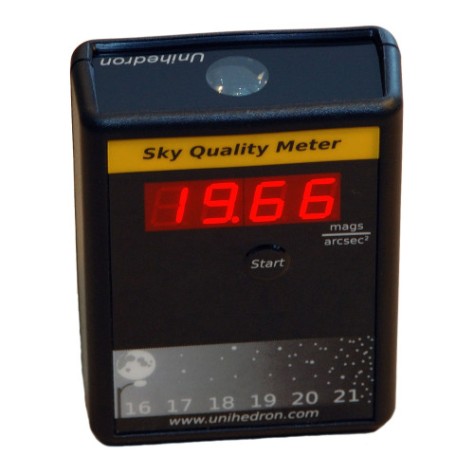All posts by Peter Terezakis
Night owls may want to dim their lights….
“Study finds that that night-time lighting reduces hormone associated with sleep and health
People who spend their evenings in relatively bright light run the risk of stressing their bodies by ratcheting down the production of melatonin. Produced in the brain’s pineal gland, this hormone plays a pivotal role in setting the body’s biological clock – and, potentially, in limiting the development of certain cancers.”
A Cosmic Effort
“It all started when Gail Topping began losing the Milky Way.
For years, from her home in the hills above Ojai, she could see the gauzy, faint galaxy streaking across the sky, along with Orion, the Big Dipper and Pleiades.
I track the changing of summer and winter by the constellations, she said.
But as light from Ojai’s streets, stadiums and parking lots increased, the dark skies started getting lighter and the Milky Way started to fade.
I was losing something like a landscape, and I didn’t like it, she said. I held onto this idea that it had to stop. “
More U.S. cities dimming lights with dark-sky legislation
More than 50 state bills have been introduced in the past two years. Seven were enacted. Eighteen states – Arizona, Arkansas, California, Colorado, Connecticut, Hawaii, Maine, Minnesota, Missouri, New Hampshire, New Mexico, New York, Oklahoma, Rhode Island, Texas, Vermont, Virginia and Wyoming – have adopted dark-sky legislation in recent years, according to USA Today.
The city of Davis is part of this trend. Davis’ Light Ordinance was proposed by then-mayor Julie Partansky and enacted in 1998 – Ordinance 1966 was established to minimize light pollution and allow people to see the night sky.”
National Park struggles with Dark Sky
More U.S. cities dimming the lights

“The push to turn down the lights in American cities is gaining broad support from several unlikely allies — from conservationists and builders to city planners and the military.
Dark-sky legislation — laws requiring such measures as shielding outdoor lighting to reduce light pollution — has been embraced by about 300 counties, cities and towns.
More than 50 state bills have been introduced in the past two years, and seven were enacted. Eighteen states —Arizona, Arkansas, California, Colorado, Connecticut, Hawaii, Maine, Minnesota, Missouri, New Hampshire, New Mexico, New York, Oklahoma, Rhode Island, Texas, Vermont, Virginia and Wyoming — have adopted dark-sky legislation….”
A desert plea: Let there be darkness – LA Times
“Even in the wilderness where the mountains meet the desert, city lights are ever encroaching.
A bright lamp from a far-off parking lot began marring the night sky in a rural corner of the high desert in the Antelope Valley about three years ago.
The glow went all the way to the home of Wayne Argo from about five miles away. Argo had long exulted in how dark it got at his ranch-style home, separated from downtown Los Angeles by 35 miles and the San Gabriel Mountains.
Get the monthly that has L.A. talking. Subscribe to Los Angeles Times Magazine at a special introductory rate.
“I can see millions more stars than people that live in the city,” said Argo, who lives 20 miles southeast of Palmdale. “It’s unbelievable. I can see the Milky Way — the whole Milky Way.”
But now, he said, parking lot lights shining in the distance are “one of the brightest things you see at night.”
“It’s affecting everyone around that area,” said Argo, director of the Assn. of Rural Town Councils.”
How to carry out a dark sky survey
Avoiding Depression: Sleeping in Dark Room May Help
While more work is needed to see if the results are true of humans, the findings might explain why night-shift workers and others constantly exposed to light at night are at increased risk for mood disorders, the researchers said.
The findings are being presented today (Nov. 17) at the annual meeting of the Society for Neuroscience in San Diego.



You must be logged in to post a comment.